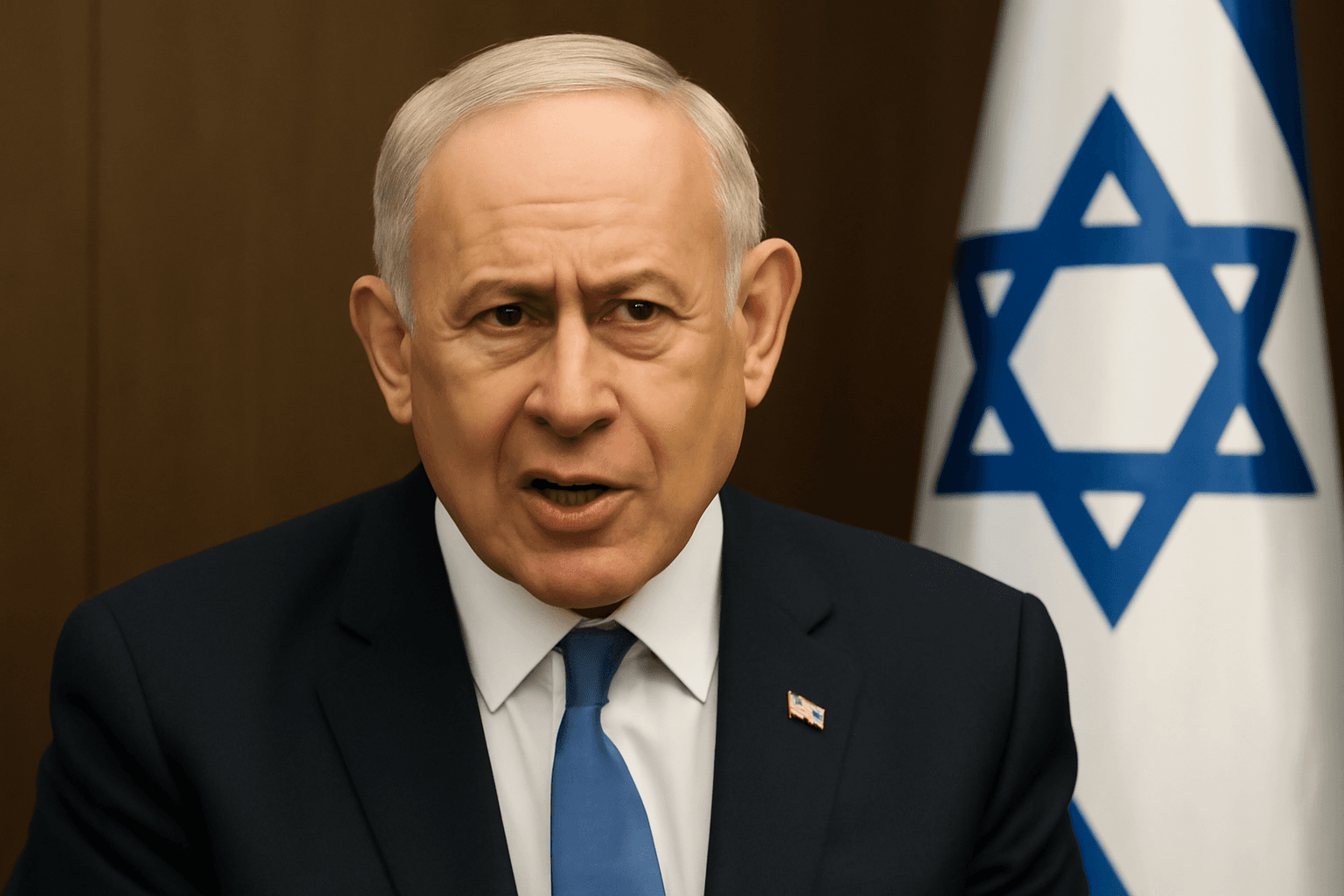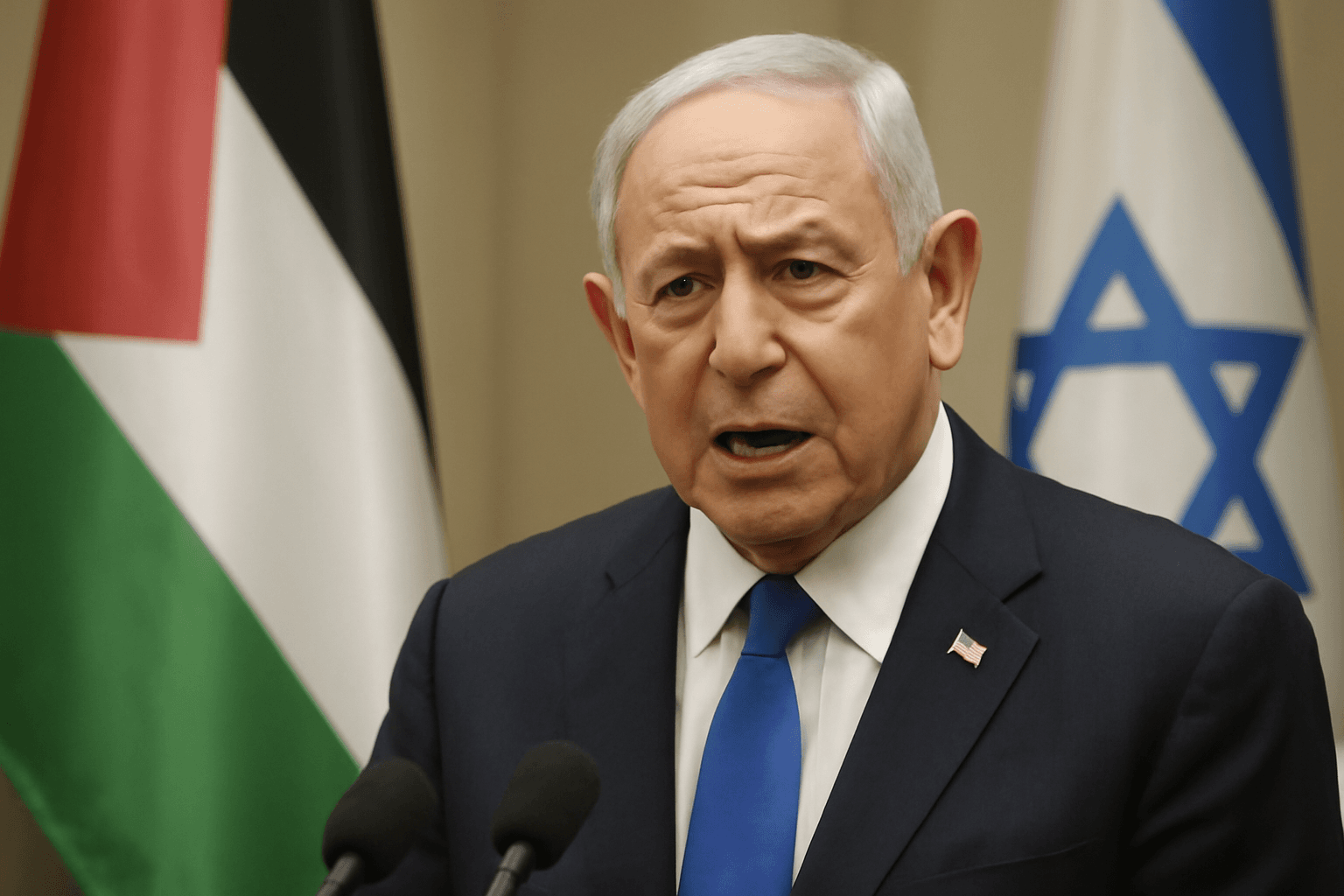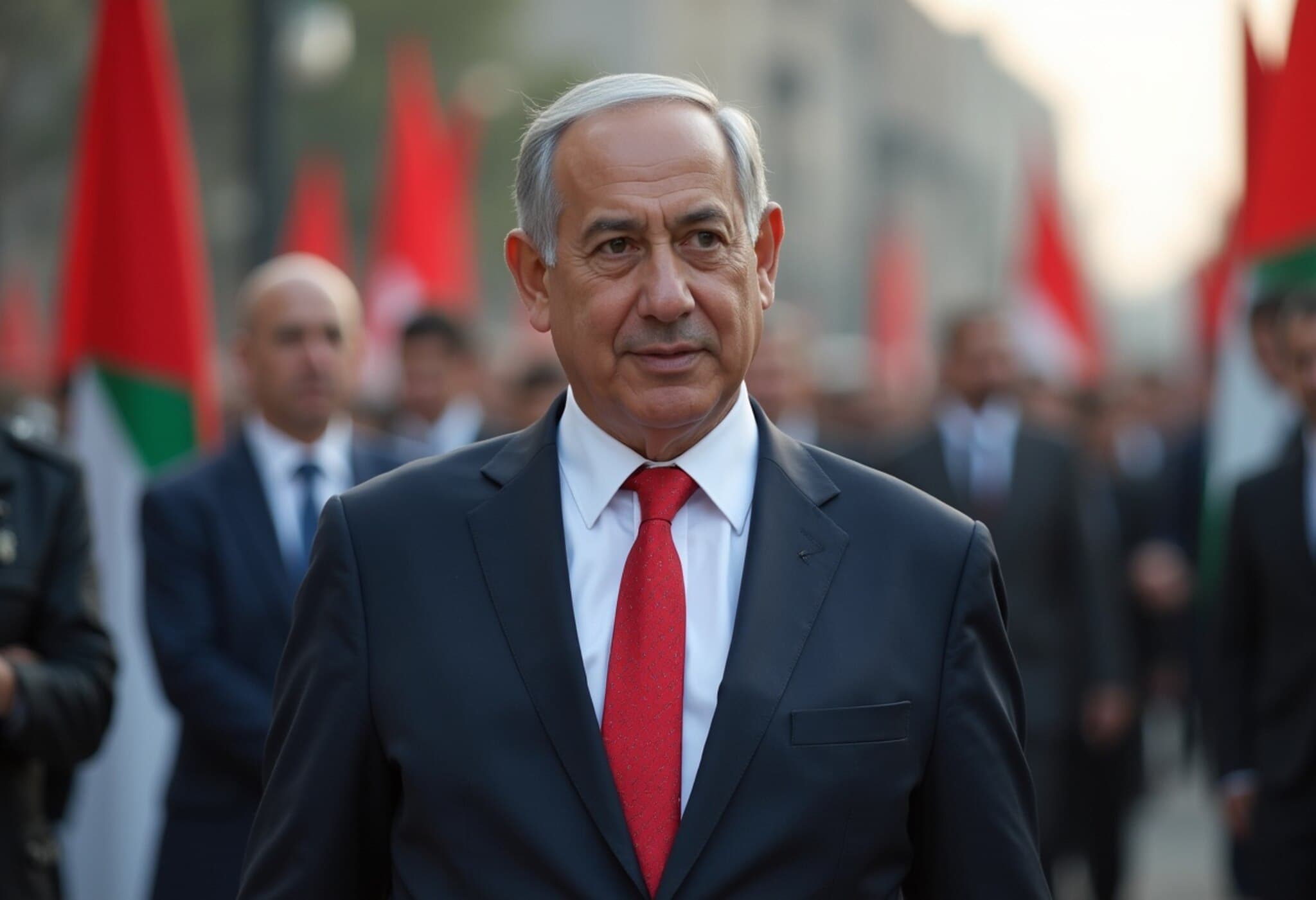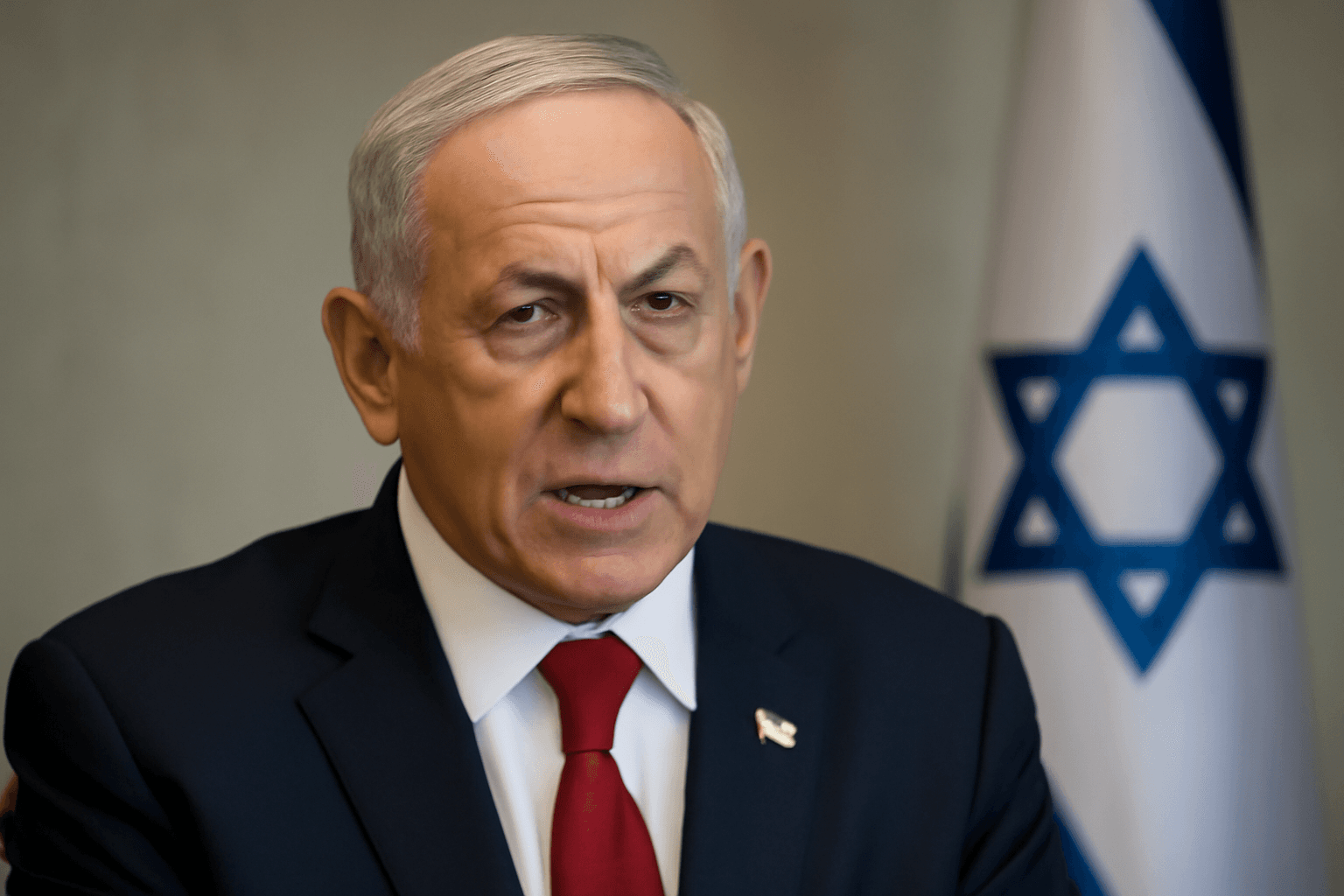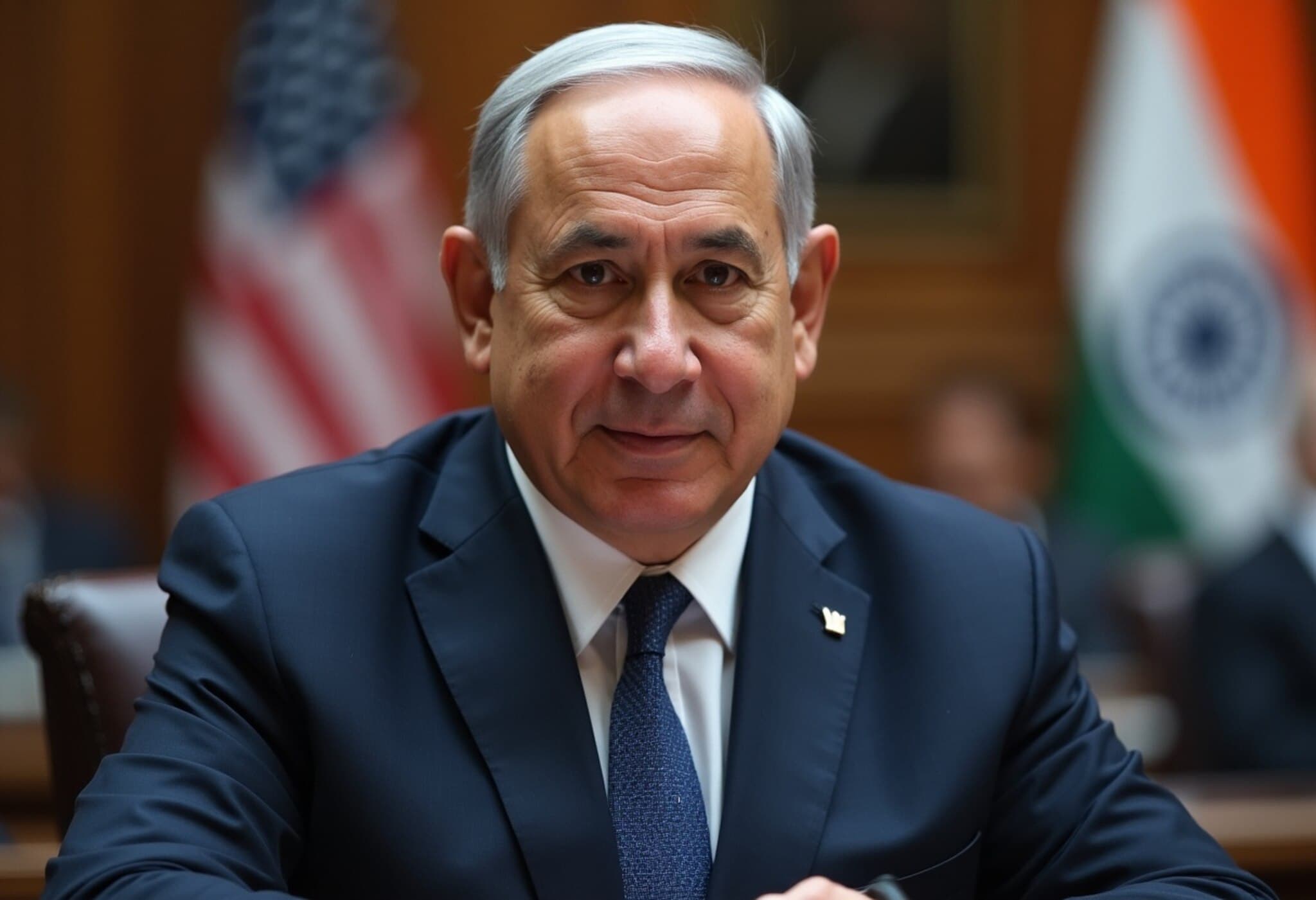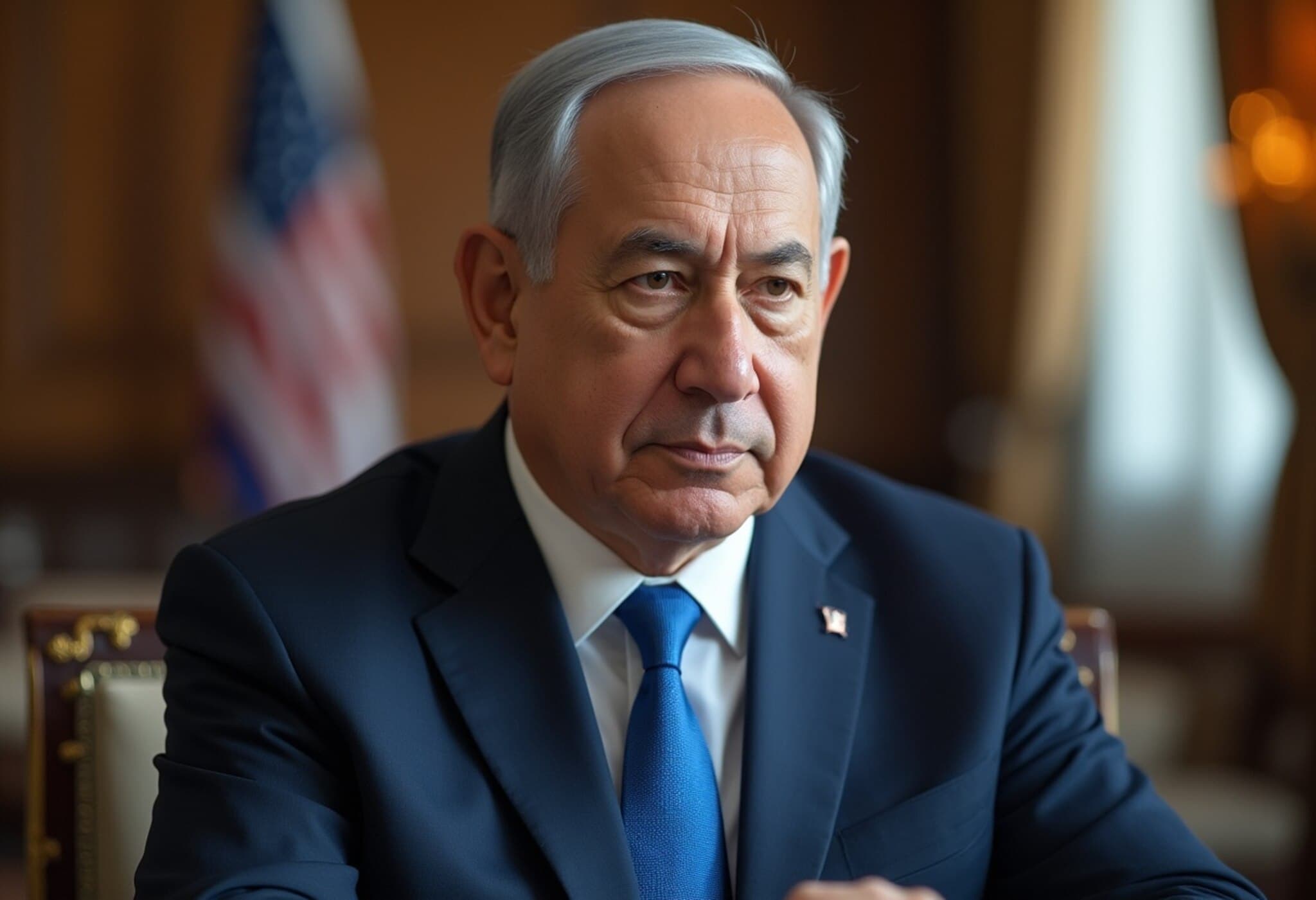Netanyahu Decries Australia's Recognition of Palestinian Statehood
In a fervent press conference held in Israel on August 11, 2025, Israeli Prime Minister Benjamin Netanyahu sharply criticized Australia’s recent move to recognize Palestinian statehood. Netanyahu described Australia's decision as "shameful," aligning it with a growing list of nations that have shifted their foreign policy stance on the Israeli-Palestinian conflict.
Context Behind Australia’s Diplomatic Shift
Australia’s announcement reflects a broader international trend toward acknowledging Palestinian aspirations for sovereign statehood amid long-standing tensions in the Middle East. This development comes as peace talks have repeatedly stalled, and as global sympathy for Palestinian self-determination has intensified following protracted conflict and humanitarian concerns.
Why Netanyahu’s Response Resonates Deeply
For Netanyahu and many pro-Israel advocates, recognition of Palestinian statehood outside of negotiated peace agreements undermines Israel’s security and diplomatic position. Netanyahu’s use of the term “shameful” signals his frustration with what he perceives as unilateral moves that could complicate future negotiations. His stance echoes a common Israeli sentiment that peace must stem from direct dialogue rather than international endorsements.
Expert Analysis: Implications for Regional Stability and US-Australia Relations
Experts note that Australia's shift might mark a strategic recalibration influenced by domestic politics and its broader commitment to international human rights principles. Professor Linda Mills, a Middle East policy analyst based in Washington, D.C., points out:
"Australia's recognition of Palestinian statehood, while controversial, reflects a nuanced effort to balance alliances with Israel and responsiveness to global calls for justice and equality. This move could subtly influence Canberra’s diplomatic posture, especially considering its close ties with the United States and its strategic positioning in the Indo-Pacific."
This development raises important questions about how such recognitions impact the delicate balance between supporting Israel's security concerns and advancing Palestinian self-governance aspirations.
Underreported Dimensions and Regional Perspectives
- Domestic Australian Politics: The decision has sparked debate within Australia, highlighting generational and political divides over Middle East policy.
- Palestinian Reactions: Palestinian leaders have welcomed Australia's move as a validation of their long-sought statehood, potentially revitalizing international advocacy.
- Broader Middle East Impact: Other nations' similar recognitions suggest a shifting paradigm that could either pave new pathways for peace or deepen rifts depending on subsequent diplomatic engagements.
Looking Forward: Can Recognition Lead to Renewed Dialogue?
The critical question remains whether such diplomatic recognitions will catalyze genuine progress toward a two-state solution or merely entrench existing divisions. History offers mixed outcomes, as unilateral recognitions without parallel peace efforts have sometimes hardened opposition stances.
As international players navigate this complex landscape, the evolving position of middle powers like Australia might become instrumental in reshaping diplomatic momentum. The United States’ response, traditionally Israel’s staunchest ally, will be closely watched for potential realignments or reaffirmations of policy.
Editor’s Note
Australia’s recognition of Palestinian statehood—and Netanyahu’s vehement rebuke—spotlights a pivotal debate in international diplomacy: the tension between unilateral recognition and negotiated peace. This episode invites readers to reflect on the nuanced challenges of balancing national interests, international justice, and enduring conflict resolution efforts. How will this diplomatic shift influence the trajectory of the Israeli-Palestinian conflict? And what role should middle powers play in bridging longstanding divides? These are questions that demand ongoing public attention and expert analysis.

